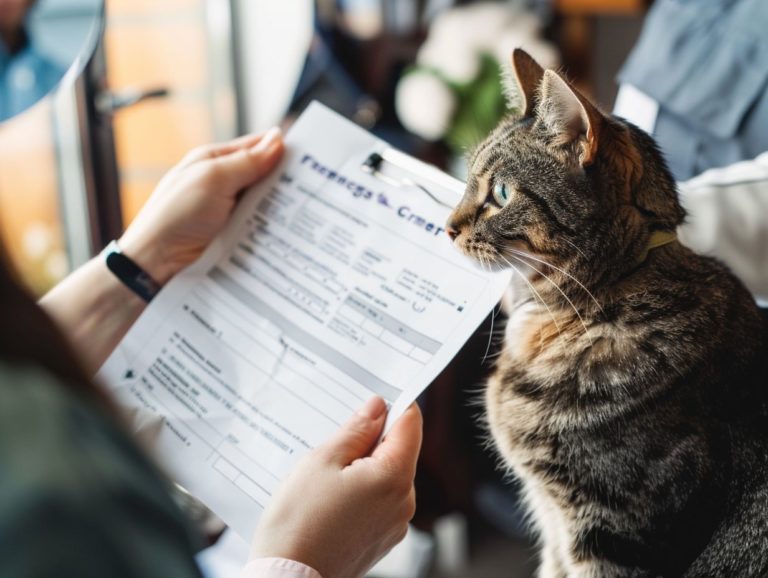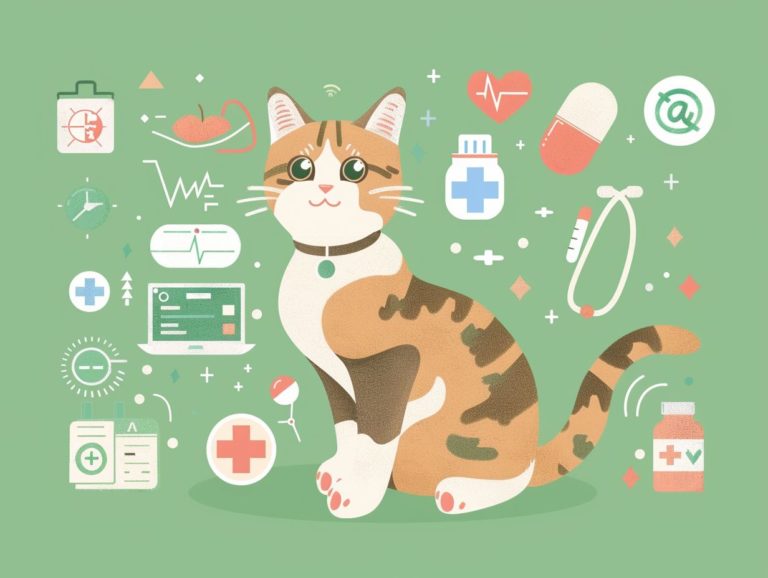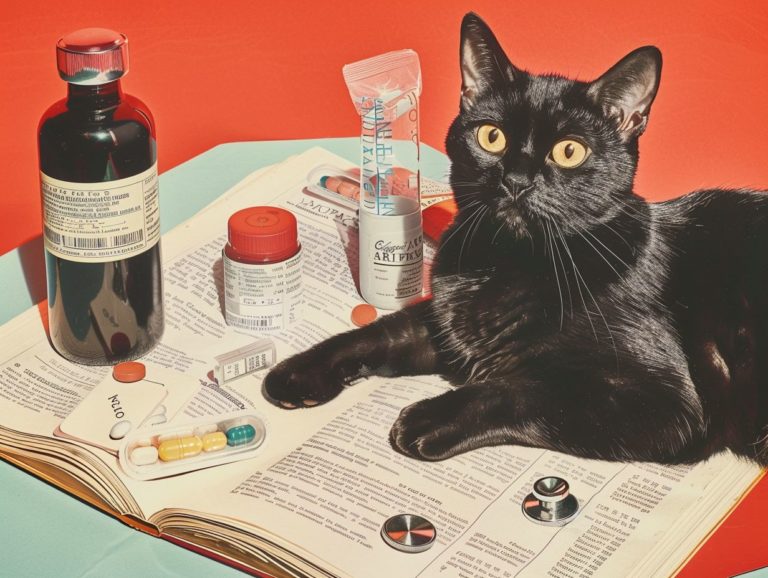Feline Health Plans Comprehensive Care For Every Stage Of Life
A Feline Health Plan is a comprehensive veterinary care plan for cats, encompassing routine preventive care (such as annual exams, vaccinations, deworming, flea control, and spay/neuter surgery), medical treatment of illnesses, and prescription medications. These plans vary in coverage but typically include key components like preventive care to maintain a cat’s health, medical treatment for common illnesses like upper respiratory infections and diabetes, and prescription medications such as antibiotics and anti-inflammatories. Veterinary care services like emergency services, diagnostic tests, and treatment for acute problems are also part of a Feline Health Plan.
Creating a tailored Feline Health Plan for your cat involves considering three primary factors: age, breed, and preexisting conditions. The plan should be adjusted based on your cat’s age, breed-related health risks, and existing health issues. The main benefits of a Feline Health Plan are its comprehensive coverage and financial savings, ensuring your cat receives optimal care affordably. When choosing a Feline Health Plan, factors to consider include the monthly premium, maximum annual benefit, breed-specific exclusions, maximum age of coverage, available discounts, and claim options. Selecting the right plan involves evaluating these factors to find the most suitable option for your cat’s needs and your budget.
Key Takeaways:
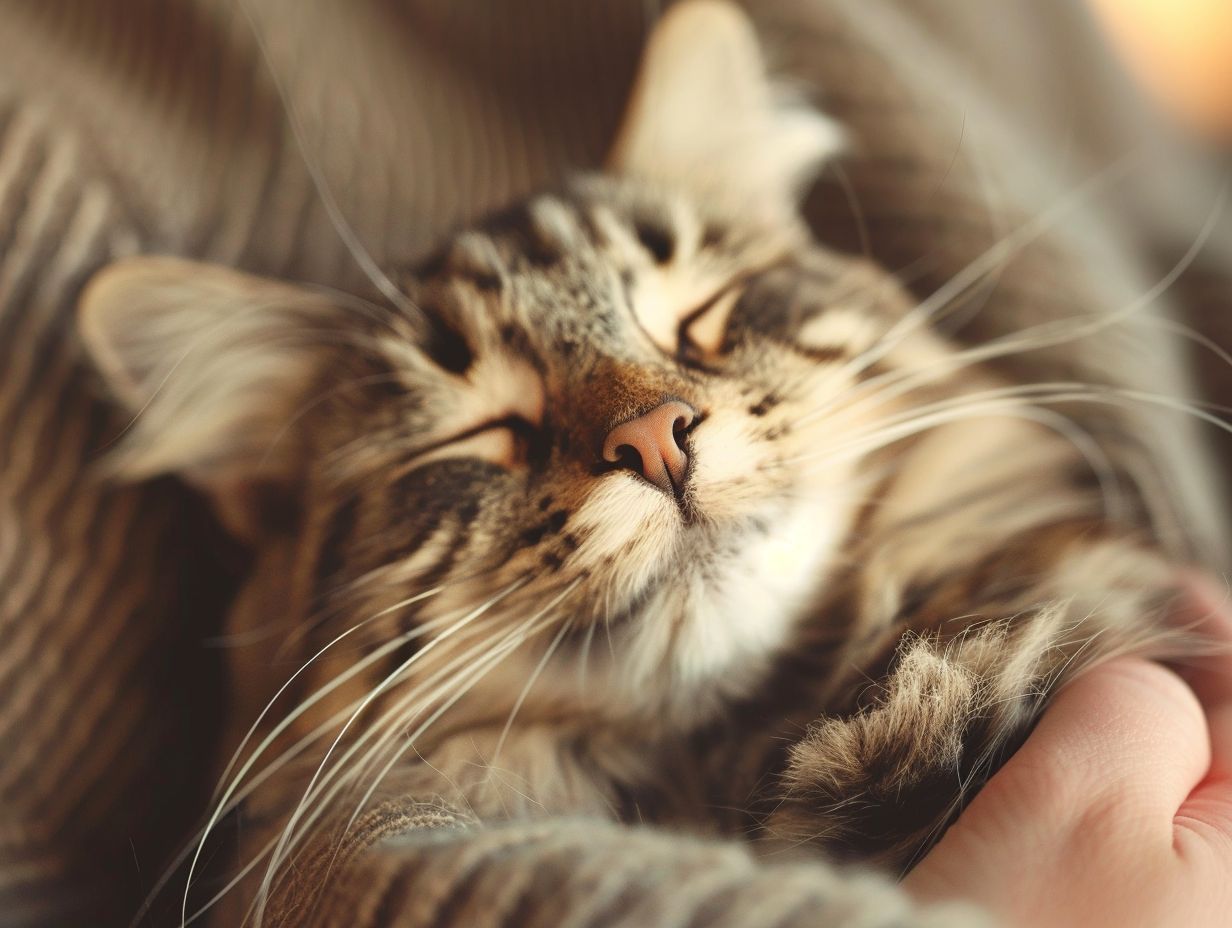
What is a Feline Health Plan?
A Feline Health Plan is a structured approach to feline healthcare that integrates preventative care, early diagnosis of feline diseases, and an emphasis on overall feline health. Tailored to different stages of a cat’s life kittens, adult cats, and senior cats the Feline Health Plan provides a diverse range of services to ensure the best possible care. This customized approach addresses the specific needs of cats at each life stage.
For kittens, the focus may be on vaccinations, spaying/neutering, and nutrition to support their rapid growth. Adult cats may benefit from regular dental check-ups, weight management intervention, and parasite prevention. Senior cats may require more frequent health screenings, joint supplements, and a diet that caters to their aging bodies. By catering to these distinct requirements at each life stage, a Feline Health Plan aims to enhance a cat’s quality of life and extend their overall lifespan.
Overview and Benefits
A Feline Health Plan offers several advantages for cat patients, including comprehensive preventive care, early detection of feline diseases, and individualized wellness programs tailored to different life stages. These plans promote cat health by providing services such as regular exams, dental health, flea prevention, heartworm prevention, nutrition, and vaccination. Enrolling in a Feline Health Plan guarantees that cats receive essential services for their well-being.
Regular veterinary check-ups enable early identification of disease conditions, leading to timely intervention and treatment. Personalized plans consider the specific needs of each cat, ensuring appropriate preventive measures and interventions are implemented. This proactive approach not only enhances cat health outcomes but also gives owners peace of mind, knowing their cats are well looked after.
Components of a Feline Health Plan
The components of a Feline Health Plan are preventive care, diagnostic testing, and treatment and medications, which are essential for maintaining feline health, preventing feline tumor development, and preserving the overall health of cats.
Preventive care involves regular check-ups, vaccinations, parasite control, and dental care to identify and prevent potential health issues early. Diagnostic testing plays a crucial role in accurately identifying diseases such as feline leukemia or kidney disease, enabling timely intervention.
Treatment protocols for cats vary depending on the diagnosed condition and can include medication regimens, surgery, or specialized diets. By integrating these components into a comprehensive Feline Health Plan, cat longevity and quality of life can be improved, and the human-animal bond can be strengthened through proactive wellness management.
Preventive Care
The preventive care aspects of a Feline Health Plan include:
- Regular exams
- Dental health maintenance
- Flea prevention
- Heartworm prevention
- Appropriate cat nutrition
- Timely cat vaccinations
These preventive measures ensure the health of cats and reduce the likelihood of numerous feline diseases. Regular veterinary check-ups are necessary for monitoring the health of cats and catching any underlying problems early. Dental health maintenance, including regular teeth cleanings and dental checks, is important in preventing periodontal disease. Methods of flea prevention, such as spot-on treatments and collars, help prevent these common pests. Heartworm prevention medications, particularly in areas with a strong mosquito population, are essential. Proper cat nutrition for their life stage provides necessary nutrients. Timely vaccinations protect against serious infectious diseases that could be life-threatening.
Diagnostic Testing
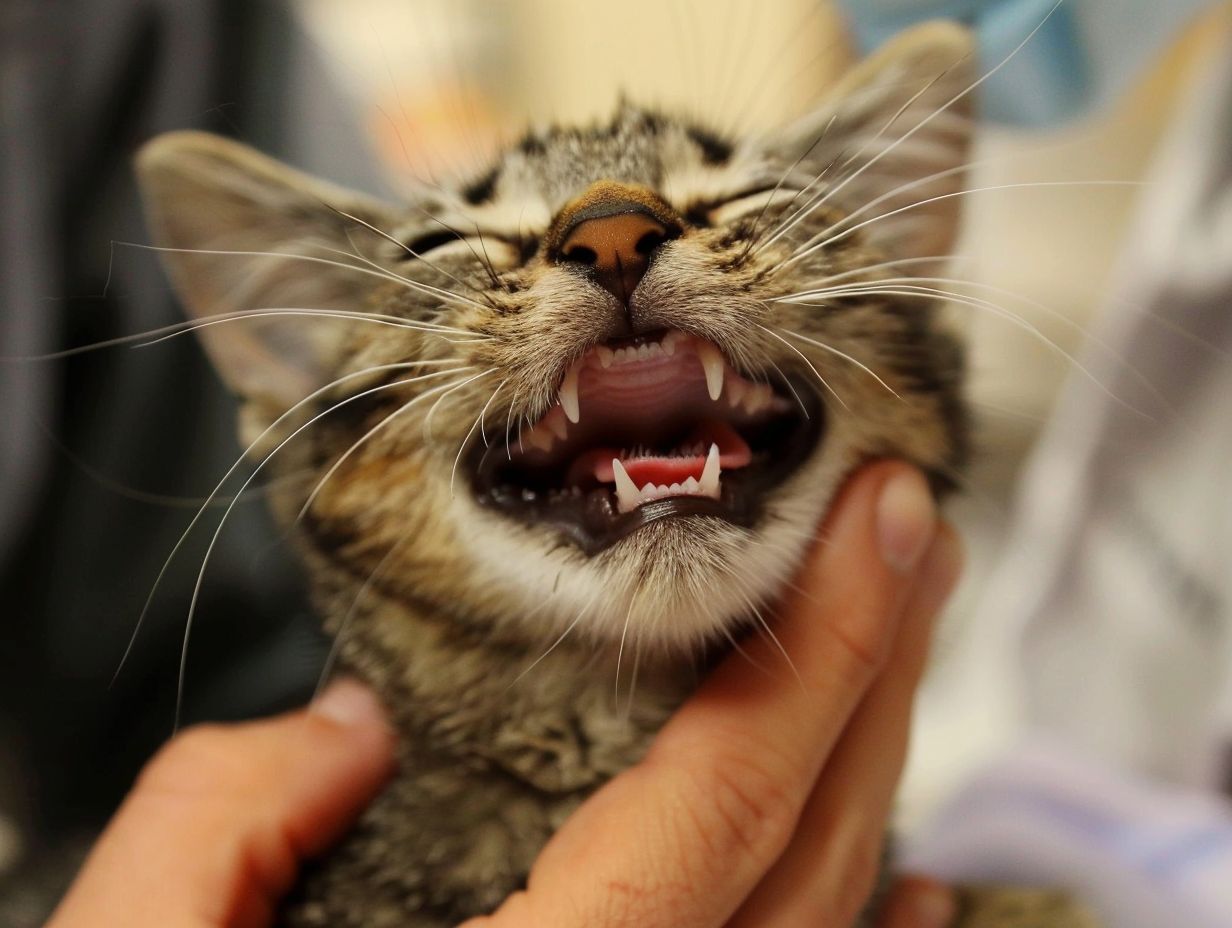
Diagnostic testing is an essential component of a Feline Health Plan as it is utilized to identify early-stage feline diseases, including feline cancer. The results of these tests offer valuable insights into a cat’s health status and aid in the early implementation of treatment strategies to enhance health outcomes.
The role of diagnostic testing in preventive care is to uncover underlying conditions before they progress. By detecting conditions like renal disease or diabetes at an early stage, veterinarians can develop a more tailored wellness plan that addresses specific feline health needs. This, in turn, enhances the quality of life for cats and enables owners to make more informed decisions about their cats’ health.
Regular diagnostic screening is crucial for monitoring progress and adjusting treatment protocols, underscoring the significant role that early detection plays in preserving feline health.
Treatment and Medications
Treatment and medications play crucial roles in a Feline Health Plan, offering personalized assistance in identifying and addressing specific feline diseases to achieve positive outcomes. Proper treatment and medication administration are vital for feline health and recovery. Effective management of conditions like urinary tract infections, diabetes, or hyperthyroidism in felines often involves a combination of medication, dietary adjustments, and regular veterinary check-ups. These interventions not only help alleviate symptoms but also target the root causes of the disease, enhancing the cat’s quality of life. Recognizing the importance of following treatment protocols and ensuring proper medication administration is essential in successfully managing feline health issues.
Creating a Feline Health Plan
When creating a Feline Health Plan, it is essential to consider multiple factors to customize the plan according to your cat’s specific needs and requirements. By taking into account factors such as life stage, existing health issues, activity levels, food preferences, and wellness goals, you can ensure that your cat receives the best possible care for optimal health and longevity.
Several key factors should be considered when developing a health plan for a cat to determine the care an individual cat requires:
- Age of the cat: The age of a cat significantly influences their specific health needs. Kittens require frequent feeding throughout the day, seniors often face dental issues, and older cats are prone to kidney and other organ problems.
- Pre-existing medical or breed-specific issues: Certain cat breeds have inherent predispositions to specific health conditions, such as hypertrophic cardiomyopathy in Ragdolls. Addressing these factors and taking preventive measures can enhance the comprehensiveness of the health plan.
- Activity level: Active cats that venture outdoors need closer monitoring, especially for issues like parasites and injuries.
- Exercise and dietary requirements: Developing a detailed exercise and dietary plan is crucial for maintaining a cat’s health. The plan should consider the cat’s activity level, dietary preferences, potential changes in activity, and weight management.
- Veterinary check-ups and regular health evaluations: Regular veterinary check-ups are essential for monitoring a cat’s health status, enabling timely detection and treatment of any issues.
- Preventive medicine: Incorporating preventive measures such as regular vaccinations and parasite control is integral to a cat’s health plan, tailored to the specific needs of your cat.
- Personalized approach: Each cat is unique, and the health plan should be customized accordingly to cater to their individual requirements.
Factors to Consider
The Feline Health Plan should take into account a cat’s life stage, known health issues, specific nutritional needs, and vaccination schedule requirements in order to enable cat owners to provide tailored wellness support for their cats.
A cat’s age plays a significant role in determining their health requirements, and the healthcare plan should be tailored to address the unique needs of kittens, adults, and senior cats. Factors such as pre-existing health issues or chronic conditions should be carefully monitored and addressed within the plan.
Regular veterinary check-ups, vaccinations, and preventive care are essential to maintain a cat’s overall health and ensure their longevity.
Customizing for Your Cat’s Needs
Customizing a Feline Health Plan involves adapting preventive care, diagnostic testing, and treatment strategies to meet the unique health needs of individual cats. This personalized approach includes adjusting the plan based on each cat’s age, health status, and lifestyle to ensure tailored and effective healthcare. By collaborating with a trusted veterinarian, important insights and recommendations can be gained on how to customize the Feline Health Plan for optimal care.
Regular consultations with the vet help track a cat’s progress, detect potential health issues early, and make necessary adjustments to the plan. This personalized care not only strengthens the bond between a cat owner and their pet but is also essential for achieving optimal health outcomes for the cat.
Benefits of a Feline Health Plan
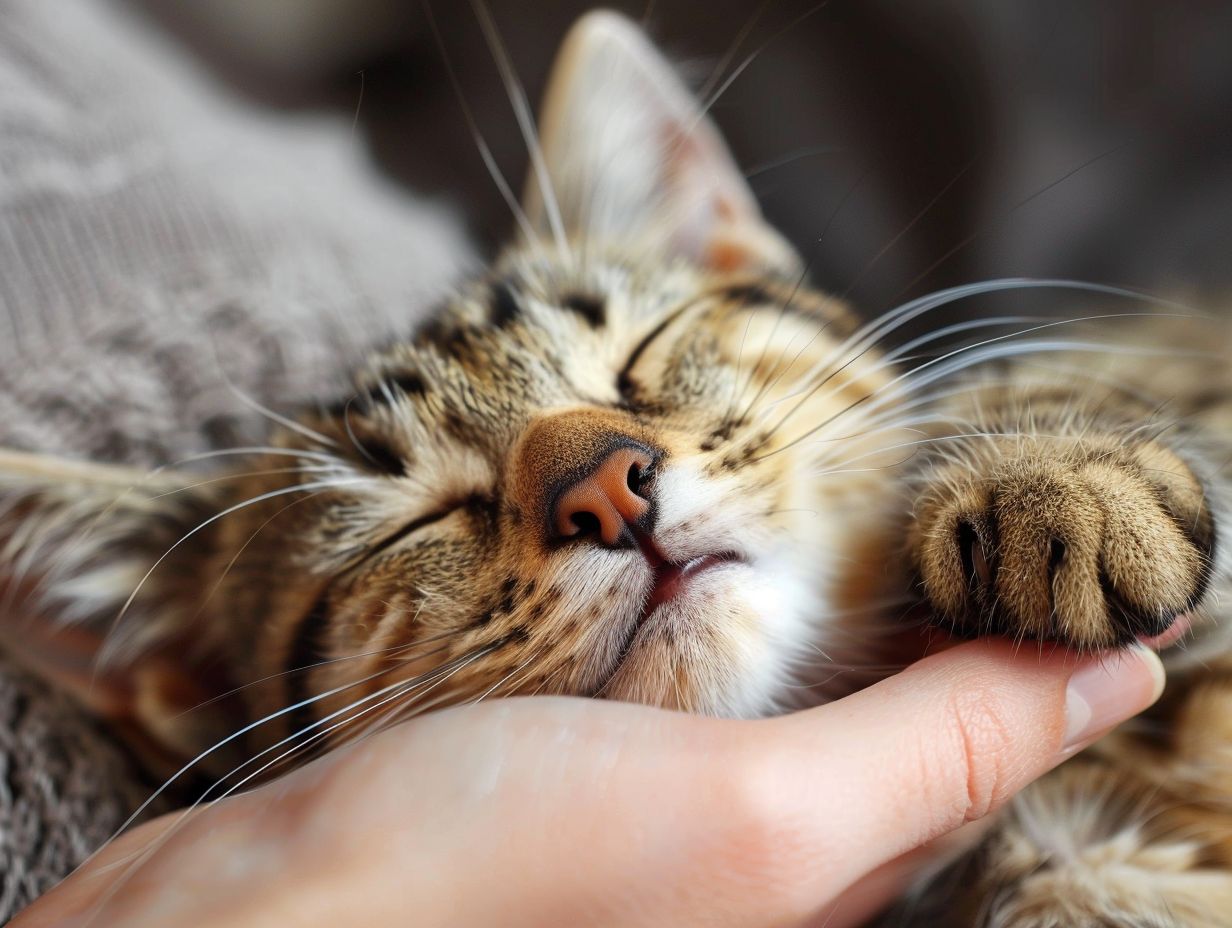
The Benefits of a Feline Health Plan include better long-term health and financial outcomes for feline patients. By promoting preventive care and early disease detection, cat owners improve their cat’s overall quality of life and reduce treatment costs associated with advanced feline conditions.
Regular check-ups and vaccinations in the Feline Health Plan can prevent common diseases and allow potential health concerns to be identified and treated early on, resulting in more successful interventions. Not only do these benefits ensure that cats receive treatment quickly when necessary, but they also foster the bond between cat owners and their pets by encouraging them to prioritize their feline’s health.
In the long term, this commitment leads to fewer trips to emergency veterinary services and a reduction in overall healthcare costs, as the cat has received the necessary treatment and care it needs for a healthier and happier life.
Long-Term Savings and Improved Health Outcomes
A Feline Health Plan benefits cat owners by reducing long-term total expenditures for feline healthcare and improving the health and well-being of their cats. The financial savings gained by cat owners with a Feline Health Plan arise from the fact that preventive care, early disease detection, and regular checkups can reduce the costs associated with advanced feline diseases and help to improve the overall standard of care.
Feline Health Plans that incorporate regular veterinary visits help to catch health problems early and allow for timely intervention and treatment before diseases progress to advanced stages, which are often more expensive to treat. Vaccinations, parasite control, dental care, and nutritionally complete and balanced foods are all aspects of preventive care that help to reduce long-term costs and promote the overall health of cats. By implementing preventive services as part of a Feline Health Plan, there will be fewer emergency visits and hospitalizations, which often impose a considerable financial burden on cat owners.
Choosing the Right Feline Health Plan
Choosing the right feline health plan is influenced by various factors, including how well it aligns with a cat’s specific medical requirements and the owner’s preferences. This can be achieved by comparing different plans based on coverage, cost, included services, and veterinary support.
When evaluating feline health plans, it is crucial to assess the range of medical services covered, including preventive care like annual check-ups and vaccinations, as well as veterinary visits for emergencies or illnesses during the policy period. Many plans offer wellness programs to enhance overall cat health.
It is important to determine if the plan allows flexibility in selecting a preferred veterinarian or if it restricts choices to a limited network. Understanding the payment structure, including the deductible amount, and any potential coverage exclusions is essential for anticipating financial responsibilities and knowing when services may be denied or not reimbursed.
Some plans may offer additional benefits, such as a set number of telemedicine consultations at no extra cost or discounts on treatments not covered by the plan. Understanding these supplementary benefits is key to assessing the overall value of the plan.
Factors to Consider When Comparing Plans
When comparing Feline Health Plans, the most important considerations include the inclusion of preventive care, diagnostic testing, and treatments, suitability to the cat’s life stage, veterinary expertise, and the overall affordability of the plan. Evaluating these factors helps cat owners identify the plan that can best meet their cat’s medical needs.
A plan’s network of veterinary providers is crucial to cat owners as it ensures their feline companion receives quality and timely care from trusted veterinarians and specialists. Including wellness exams, vaccinations, parasite prevention, and dental care can help maintain their cat’s overall health and enhance their quality of life.
Understanding the exclusions and limitations of each plan is essential as it provides insight into what is not covered, helping prevent unexpected financial expenses during emergencies or for specific diseases. Prioritizing thorough research and comparisons based on these criteria will assist cat owners in making the best decisions for their cat’s healthcare.
Frequently Asked Questions
What is a feline health plan?
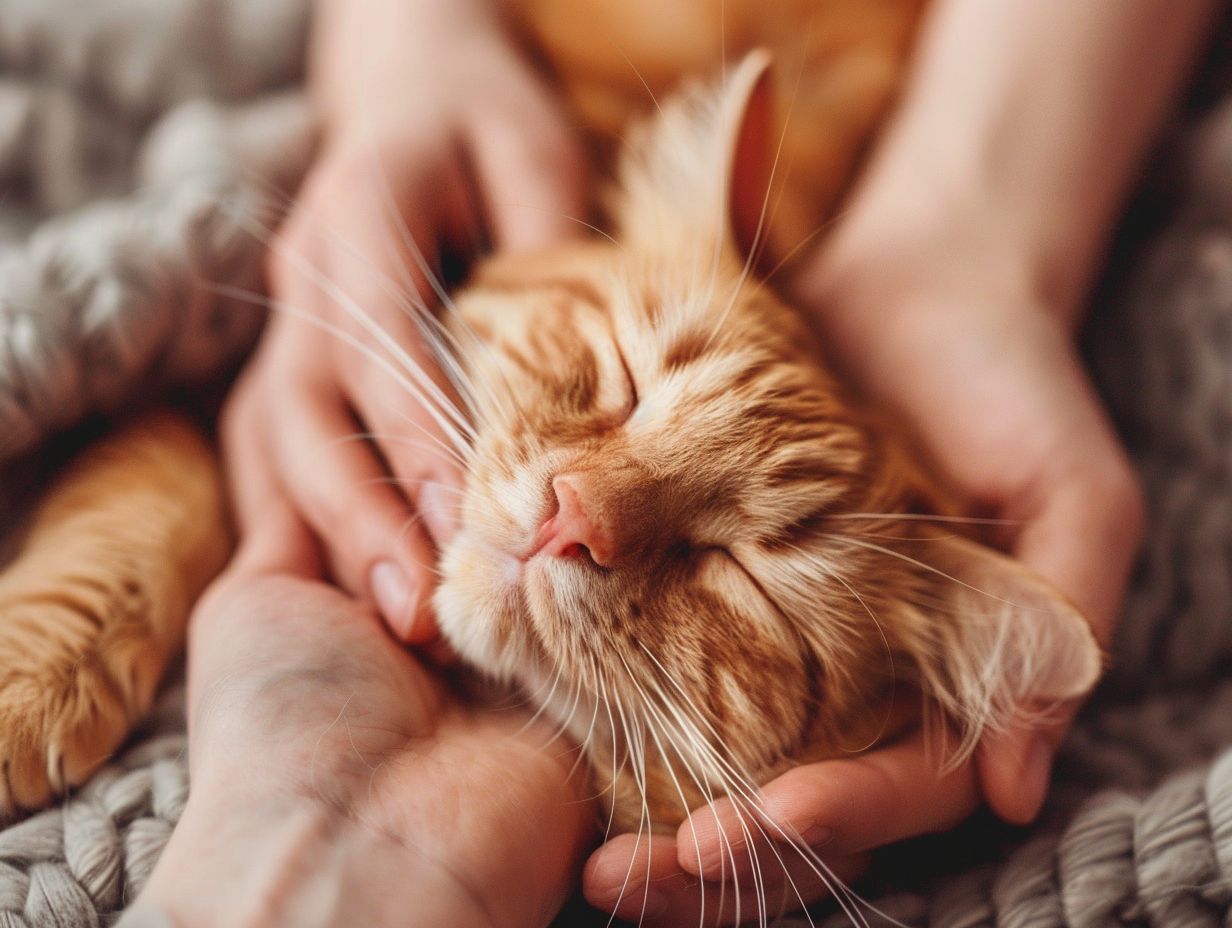
A feline health plan is a comprehensive care package designed to provide your cat with all the necessary preventive and medical care at every stage of their life.
What types of services are typically included in a feline health plan?
Feline health plans typically include annual physical exams, vaccinations, parasite prevention, diagnostic testing, and dental care.
Do I have to pay for a feline health plan all at once?
No, most feline health plans offer monthly payment options to make it more affordable and convenient for pet owners.
At what age should I enroll my cat in a feline health plan?
It is recommended to enroll your cat in a feline health plan as early as possible, ideally when they are kittens. However, it is never too late to start providing them with comprehensive care.
Do all cats benefit from a feline health plan?
Yes, all cats can benefit from a feline health plan as it ensures they receive regular preventive care and timely treatment for any health issues that may arise.
Are there different levels of coverage available in feline health plans?
Yes, there are usually different tiers of coverage available in feline health plans to cater to different budgets and needs. It is important to choose the one that best fits your cat’s specific needs.

